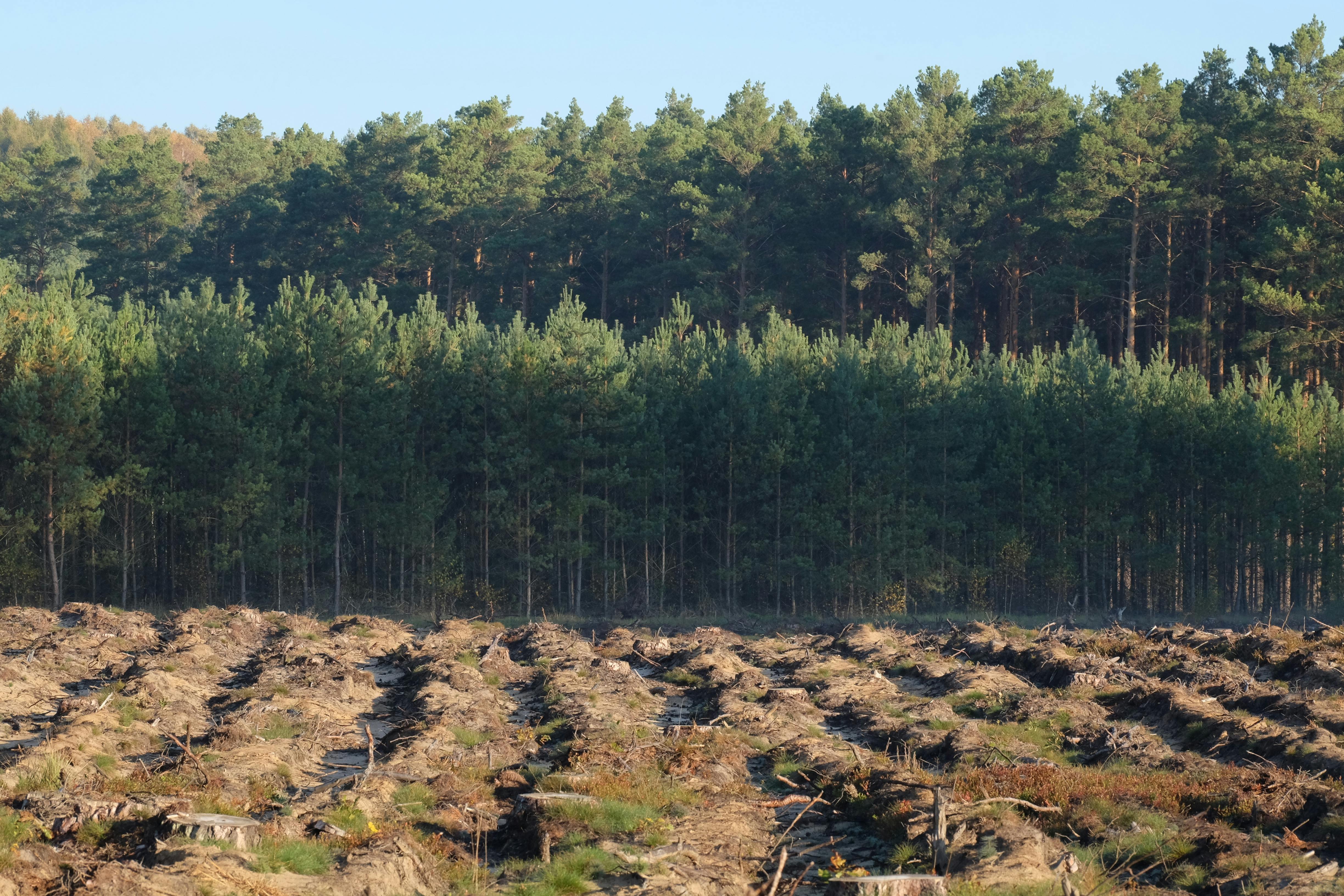A regenerative economy represents a transformative approach to growth, aiming not only to sustain but also to restore ecosystems while enhancing human well-being. Central to this approach is valuing ecosystem services, which provide essential benefits like clean water, fertile soil, and carbon sequestration. Reports from UNEP, the Dasgupta Review, and the World Bank emphasize the need to integrate ecosystem services into economic systems to address pressing issues in climate, biodiversity, and pollution (UNEP, 2021).
The Importance of Ecosystem Services in Economic Policy
Ecosystem services have long been undervalued in mainstream economics, leading to environmental degradation. The Dasgupta Review calls for a new economic model that includes nature as an integral part of wealth, asserting that a world that overlooks ecosystem services risks an unsustainable future. By acknowledging natural capital, nations can safeguard biodiversity and achieve sustainable economic growth.
Transitioning to a Regenerative Economy
A regenerative economy operates on a circular model that prioritizes replenishing ecological systems. The World Bank’s Changing Wealth of Nations (2021) stresses that sustainable asset management, which values natural alongside human and produced capital, is key to a secure future. The OECD (2020) echoes this, noting that a green recovery post-COVID-19 highlights the importance of economic resilience and ecosystem health.
Financing the Regenerative Economy through Nature-Based Solutions
Investing in nature-based solutions, such as wetland and forest restoration, offers significant ecological and economic returns. The European Investment Bank (2020) emphasizes that these solutions not only capture carbon but provide habitats and clean water. Scaling up these investments requires collaborative engagement from governments, investors, and communities, all of whom play essential roles in maintaining ecosystem services.
Policies and Market Mechanisms to Value Nature
Market mechanisms like carbon pricing, green bonds, and biodiversity offsets assign economic value to ecosystem services, making environmental impacts tangible within economic activities. Regulatory frameworks that incorporate ecosystem valuation, as recommended by UNEP, can guide sectors like agriculture and urban development toward sustainable practices that support a regenerative economy.
The Social Benefits of a Regenerative Economy
Beyond ecological benefits, a regenerative economy promotes social equity. Investments in ecosystem services foster job creation and poverty reduction in communities reliant on natural resources. By ensuring equitable access to clean air, water, and green spaces, a regenerative economy supports social justice, building resilience in the face of environmental crises.
Toward a Regenerative Future
A regenerative economy, with ecosystem services at its core, envisions a future where nature and economy thrive together. Reports by UNEP, the Dasgupta Review, and the World Bank highlight that by valuing and investing in nature, we create a balanced economy that promotes biodiversity, social equity, and resilience. Moving forward, governments, businesses, and communities must collaborate to create frameworks that recognize the value of nature, fostering a regenerative economy that sustains and enriches life for generations.
References
-
United Nations Environment Programme (UNEP). (2021). Making Peace with Nature: A scientific blueprint to tackle the climate, biodiversity and pollution emergencies. UNEP. Available at: https://www.unep.org/resources/making-peace-nature
-
Dasgupta, P. (2021). The Economics of Biodiversity: The Dasgupta Review. HM Treasury, London. Available at: https://www.gov.uk/government/publications/final-report-the-economics-of-biodiversity-the-dasgupta-review
-
World Bank. (2021). The Changing Wealth of Nations 2021: Managing Assets for the Future. The World Bank, Washington, DC. Available at: https://openknowledge.worldbank.org/handle/10986/36400
-
Organization for Economic Co-operation and Development (OECD). (2020). Biodiversity and the Economic Response to COVID-19: Ensuring a Green and Resilient Recovery. Available at: https://www.oecd.org
-
European Investment Bank (EIB). (2020). Investing in Nature: Financing Conservation and Nature-Based Solutions. Available at: https://www.eib.org/en/publications/investing-in-nature

